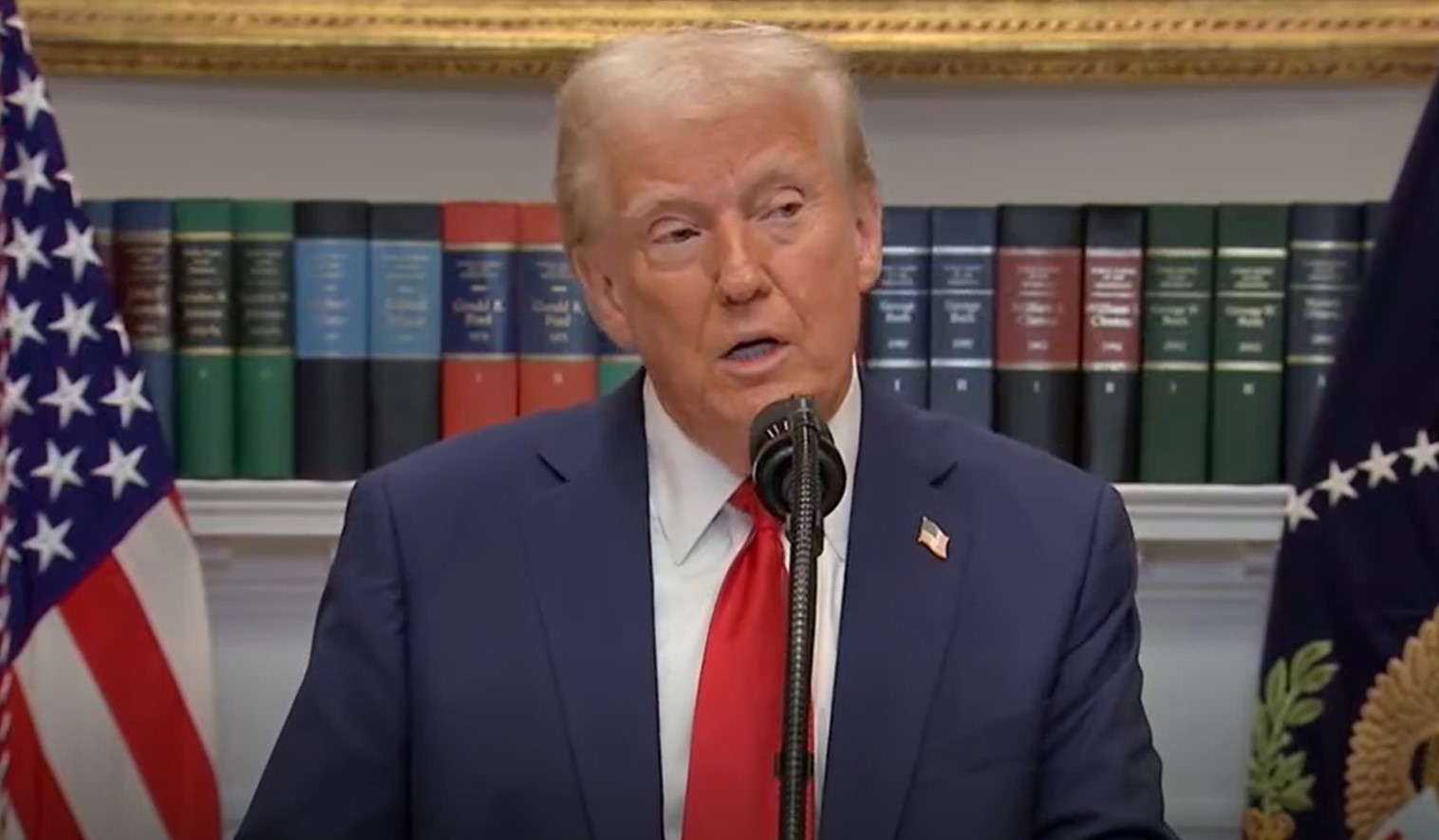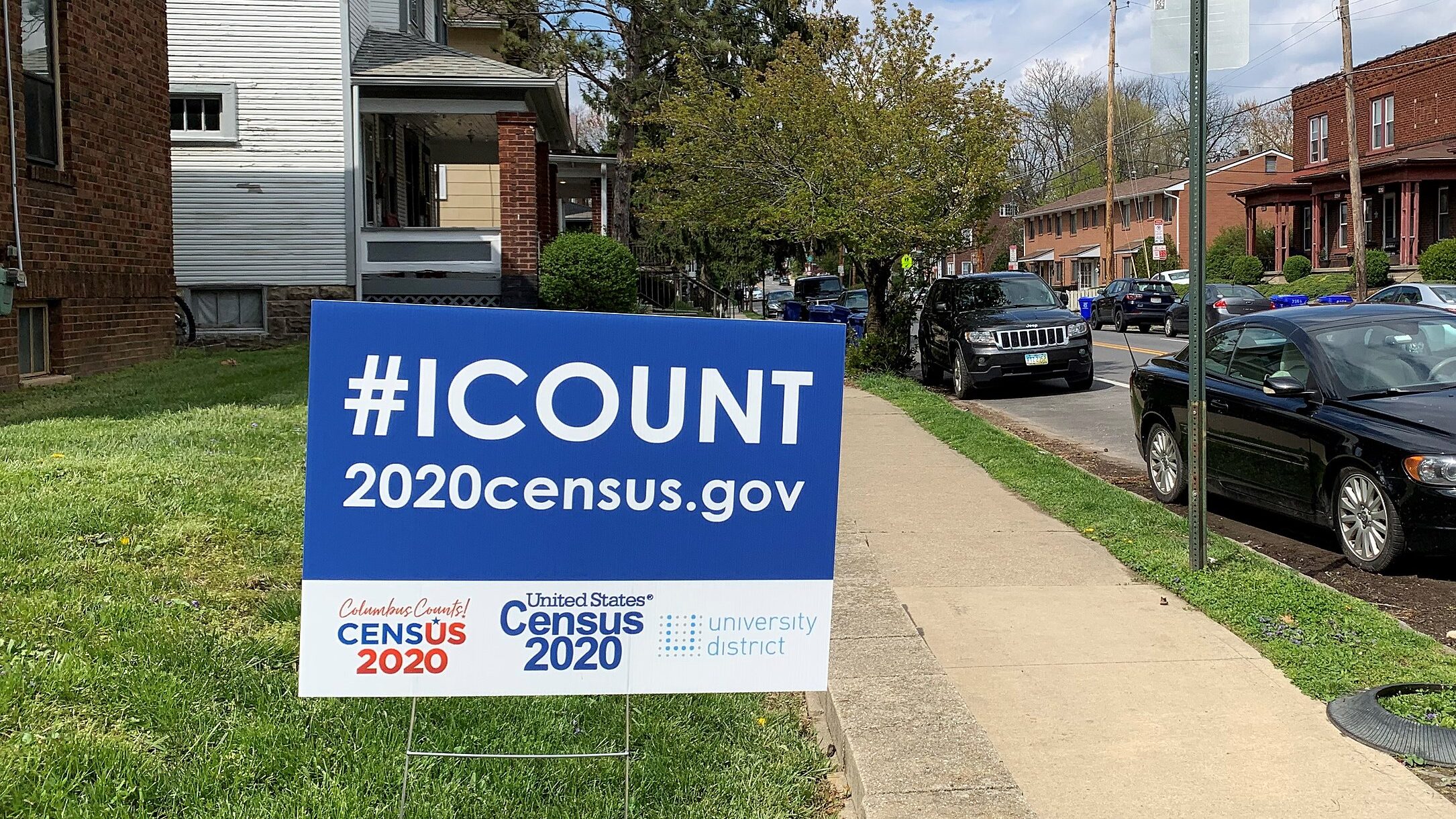Supreme Court’s 9-0 Election Decision Is About The Constitution, Not Trump Or Biden
Monday’s unanimous Supreme Court decision restoring former President Trump to the Republican primary ballot in Colorado goes a long way toward assuring public confidence in the outcome — whatever it may be — of this November’s presidential election.
Although the justices disagreed about the scope of the decision — four justices would have based it on narrower grounds than the majority did — the court was in complete agreement on the fundamental point: Individual states like Colorado lack the authority to enforce Section 3 of the 14th Amendment against presidential candidates. (Section 3 bars from certain state and federal offices particular individuals who, having taken an oath to support the Constitution, have thereafter engaged in insurrection against it.)
In reaching this conclusion, the justices rejected the invitation to reverse an understanding of Section 3 that had prevailed since about the time that provision became part of the Constitution. In effect, the court unanimously rejected a radically revisionist interpretation of Section 3 that came into vogue only after Donald Trump’s election to the presidency in 2016. Rather than lending itself to the attempt to destroy Trump’s candidacy through the weaponization of the law, the court took a measured, common-sense approach to the issues. The essential difference between the justices was not, in any way, explicable on political or partisan grounds. It concerned the question of the extent of “judicial restraint.” Whether on the majority’s or the concurrences’ vision of judicial restraint, Trump clearly won this case.
Checking States’ Power
The fulcrum of the court’s opinion was that the 14th Amendment, including Section 3, was designed to rebalance the pre-Civil War’s distribution of power between the state and federal governments in favor of the latter. In effect, the amendment revised the original Constitution’s conception of federalism. The court observed that Section 1 of that amendment imposed severe constraints on state powers, while Section 5 gave Congress significant new enforcement authority with regard to the states. Given the overall structure and purpose of the amendment, it would be incongruous to take Section 3 as empowering individual states to disqualify federal officeholders or candidates. (States could still, however, prescribe the qualifications for state office.) Nothing in the language of Section 3 affirmatively delegates such a power to the states, nor does anything in the provisions of Article I of the original Constitution.
The four justices who wrote separately did not take issue with that core piece of the majority’s reasoning. Justice Barrett wrote, “States lack the power to enforce Section 3 against Presidential candidates.” Justice Sotomayor, joined by Justices Kagan and Jackson, affirmed that allowing Colorado to keep Trump off the ballot would “create a chaotic state-by-state patchwork” in which different states adopted different standards for evaluating a presidential candidate’s eligibility.
Sotomayor added: “Section 3 marked the first time that the Constitution placed substantive limits on a State’s authority to choose its own officials. Given that context, it would defy logic for Section 3 to give States new powers to determine who may hold the Presidency.” For these justices too, Colorado’s action was unconstitutional essentially because it violated foundational principles of federal-state relations.
Where Justices Differed
The disagreement between the justices came down to the majority’s conclusion that “the Constitution makes Congress, rather than the States, responsible for enforcing Section 3 against federal officeholders and candidates.” The concurring justices would have left open the possibility of enforcement of Section 3 by methods other than those prescribed by Congress.
What practical difference would it have made if the court had adopted the narrower reading? Justice Sotomayor’s opinion notes one: “[The Court’s opinion] forecloses judicial enforcement of [Section 3], such as might occur when a party is prosecuted by an insurrectionist and raises a defense on that score.” In her example, a defendant in a federal criminal case could make the argument that because he was being prosecuted under the authority of a president disqualified for insurrection (or by a U.S. attorney appointed by such a president), the prosecution was invalid.
But the possibility of disqualification by judicial action alone is ruled out unless Section 3 is applicable to incumbent federal officials, not only to candidates. And as the court had noted, “not even [Colorado] contend[s] that the Constitution authorizes States to somehow remove sitting federal officeholders who may be violating Section 3.” Moreover, why should judicial disqualification apply only to federal executive branch officials? Why shouldn’t a private party seek to have an act of Congress voided because it would not have been adopted but for the votes of insurrectionist members of Congress? Why shouldn’t a criminal sentence be judicially voidable because it was imposed by an insurrectionist judge? Justice Sotomayor seems not to have weighed fully the destabilizing consequences of her suggestion.
Disregarding the ‘Insurrectionist’ Smear
It is noteworthy that no member of the court reached the question of whether Trump was, in fact, an insurrectionist (though the Sotomayor opinion hinted as much). The court’s holding that Congress must first implement Section 3 with a criminal statute allowed it to avoid defining “insurrection,” not to mention whether the events of Jan. 6 amounted to one.
The court also avoided the important question of whether the president was an “Officer of the United States” included in the list of offices for which an insurrectionist could be disqualified, even though the 14th Amendment’s text makes no specific mention of the chief executive. While the court held that the states may not enforce Section 3 (without a delegation of such power from Congress), it leaves it to the political branches to decide these crucial questions.
SCOTUS Forced to Weigh in on Lawfare Against Trump
Another lesson of the Supreme Court’s opinion is the failure (thus far) of the legal effort to prevent Donald Trump from running for reelection in November. Critics no doubt will spin the result as conservative justices siding with Donald Trump, though the unanimous vote to reject the Colorado Supreme Court’s opinion should defuse such claims.
The decision instead restores the political system’s traditional approach to selecting the president. It rejected a radical effort to replace the normal method of voting in November by allowing state, and ultimately, federal intervention in deciding who the candidates would be. The court did not lean toward Trump or against Biden; instead, it used regular approaches to interpreting the Constitution to settle the meaning of Section 3 of the 14th Amendment. If the court may have been “conservative,” it was so with a small, not a capital, “C”: It was reaffirming the constitutionality of long-established electoral practices.
This decision finishes off the long-shot effort to transform the 14th Amendment into a tool to block Trump’s reelection. But it does not spell the end of the unprecedented effort to use the courts to stop him. Up next will be the court’s review of Special Counsel Jack Smith’s prosecution of Trump for his involvement in the Jan. 6 attack on the Capitol. In this case, Trump has gone to the justices to grant him absolute immunity from prosecution for his official acts as president. Simply by agreeing to hear the case, with a decision likely by the end of June, the court has delayed the start of the trial until late summer. And that prosecution will face challenges under the court’s existing precedents. For example, Smith has charged Trump with defrauding the United States, which the court has said requires misrepresentations that involve money or property.
Even though the justices ultimately may not grant Trump a second win on the immunity question, their review of the Jan. 6 charges may well push the end of the prosecution after the November election. That would leave the judgment on Trump’s responsibility for Jan. 6, and whether he committed insurrection, up to the American people to decide at the ballot box — exactly the way the founders wanted it.
" Conservative News Daily does not always share or support the views and opinions expressed here; they are just those of the writer."





Now loading...